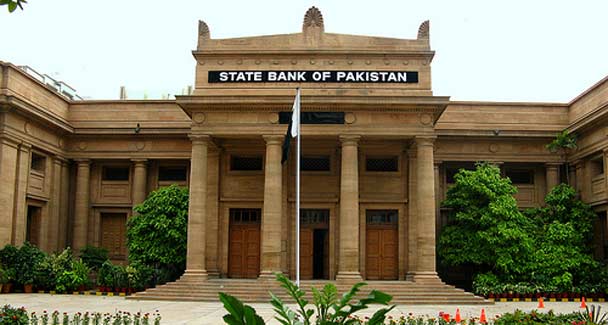KARACHI: A report titled “Sources & Uses of Funds by Non-Financial Private Corporate Sector in Pakistan” for year 2015-16 has been released by State Bank of Pakistan (SBP).
According to the report, saving and investment gap of non-financial private corporate sector reached Rs3.385 trillion at end of last financial year, reported Business Recorder.
This report outlines contribution made by non-financial private corporate sector to flow of funds in the country’s economy and measures financial and non-financial behavior of corporate sector.
This analysis has been carried out on sectoral balance sheet of non-financial private corporate sector using financial data published by the aforementioned entities.
SBP’s report has been bifurcated into structure of sources and uses of funds by corporate sector and saving investment gap and channels of financing it.
As per SBP report, investments made by corporate sector in gross capital formation was higher than savings, which had to financed by obtaining loans from banking sector, debt securities, issuance of shares and equity, trade credit etc.
The central bank’s report discloses savings were recorded at Rs7.451 billion and gross capital formation stood at Rs10.8367 billion which resulted in a financing deficit of Rs3.385.4 billion, down 4 percent.
This 4 percent decrease is equal to net increase in financial liabilities of the sector, said the report. This was financed by incurring financial liabilities owed to various non-resident and resident sectors.
Main financial liabilities accrued were trade credits, securities and loans, whereas core financial assets were loans, trade credits, deposits, loans and share capital.
The major rise in corporate sector liability was driven by corporate loans (inclusive of trade credit), issuance of shares and other payables.
Saving and investment gap was majorly plugged by net loans (inclusive of trade credit), while remaining deficit was financed by debt securities, issuance of shares, payables/receivables accounts during the period under review, said SBP.




